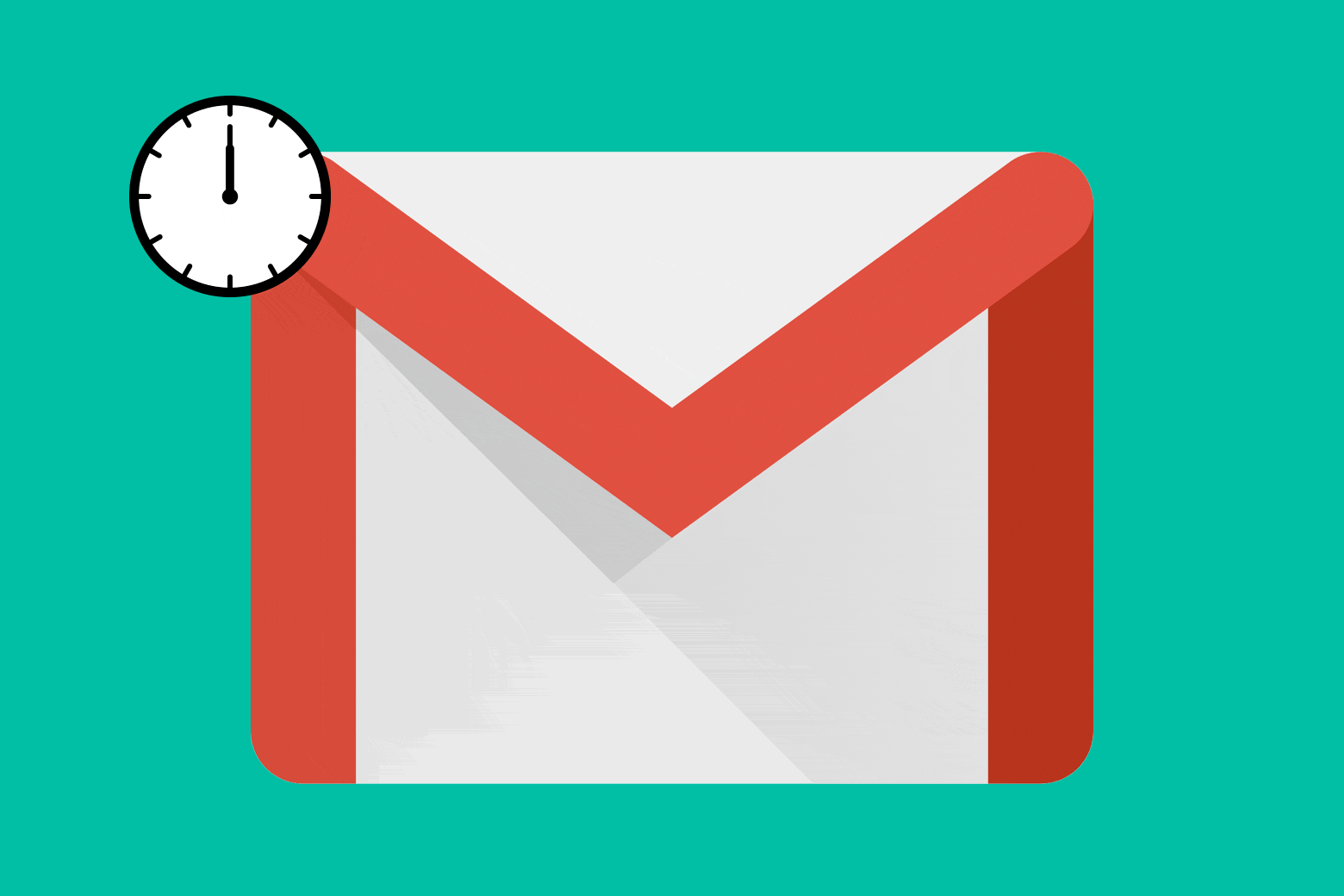Anyone who’s ever had an office job—or, come to think of it, a life—is familiar with the “nudge,” the email you send when you need someone to do something for you and that person hasn’t responded to your first request. So you send another one. And even though you phrase it as politely as possible, both parties know exactly what it is: It’s a second notice. It’s strike 2, as in one more and you’re out. Even the word we use to describe these actions, and sometimes in the emails themselves, nudge (“Just wanted to send a nudge on this!”), attempts to put a gentler name on what is at heart a demand. Nudging calls to mind one of Bambi’s woodland friends nuzzling its snout at your feet, to inch you in a certain direction—it’s a forcing, but a cute forcing, because forcing on its own? Not cute. And now into this euphemistic wooded forest wanders Gmail, with a nudge feature of its own.
Nudges go two ways, it turns out, and the point of Google’s new ones is to help you respond to all those emails that slip through the cracks. The feature is part of the Gmail redesign, the service’s first in seven years, that started rolling out in April. Nudges may have already started appearing in your inbox unbidden, but if you don’t have the new Gmail yet, you can also opt into it easily. How they work is that if you haven’t replied to an email that Gmail deems important, some colored text may pop up next to it, reminding you how long it’s been since it came in and asking you if you want to reply. Here Google is acknowledging the widespread belief that email is overwhelming and trying, perhaps nobly, to offer a solution to the important missives inevitably buried by its unceasing flood. But it also might feel, to a certain kind of person, a fair bit invasive.
An inbox isn’t exactly a safe space, since it’s always been subject to unpleasant work emails, complaints from unhappy customers, and spam, but it was at least always a place where you called the shots. You could even think of it as an outer manifestation of your inner psyche—the place where your philosophy of organizing your life was made manifest. How dare Gmail butt in on your brain space—well, more than it already has. Prior to nudges, you set your inbox’s rules, and you could persist in the belief that the only barriers that you, endlessly productive, faced were those imposed on you by external actors, apart from Gmail occasionally and seemingly noncommittally flagging something. Gmail’s nudge feature punctures that delusion: Now the guilt is coming from inside your inbox. Before, if there were emails that you felt bad about not responding to, unless you chose to organize or mark them a certain way, any guilt you felt lived only in your mind. Now we have a giant tech company doing the equivalent of highlighting them, circling them in Sharpie, and standing over them to stare at you while tapping its foot. In a way, it feels like Big Tech asserting its values of endless productivity over a bunch of people who didn’t agree to a sermon. Jeez, get off my back, Google!
Gmail’s inclination to fix a very human failing with technology is exactly what companies like Google aspire to do, but there’s something about it that can feel dehumanizing all the same. If it takes a computer to remind you to reply, and then you arrive in the email window to see an array of predictive replies to choose from, how far off are you from being a robot? It also raises the level of brinkmanship on the little lies we all tell one another. Where previously a nudge meant something like “I’m saying nudge because I want to be polite, but do the goddamn thing I asked you to do,” now it means, “Hey, reply before the person on the other end has to nudge you to reply with his or her own surely computerized reminder.” It’s another consideration we will now face when we nudge: Do we really want to remind someone to do something and add to the guilt when his or her email inbox is probably already doing so in our stead? Even as you are nudging others to respond to your questions they haven’t answered, you are being nudged to get back to the people you yourself have been avoiding, and we’re all caught in an endless cycle of nudging. Do we nudge not, lest we be nudged?
Of course, if you don’t want this feature, there’s always the option to turn it off. But Gmail’s vast reach means that, like it or not, its gradual acceptance into our email culture is more or less foretold, an engine of progress no individual person’s anxiety can force to a halt. But maybe only those of us who are prone to overthinking email in the first place are likely to feel oppressed by nudges, we being the people who already feel so anxious about the emails we haven’t answered that we’re secretly happy for another reason to be up in arms (and procrastinate on a few email replies while we fume). The truth is that this feature may intensify the feelings you already have about Gmail: If you already found email crushingly stressful, nudges could make it worse. But if you prize efficiency and think of yourself as an industrious emailer, maybe with them you’ll improve your email game that much more. For the rest of us, well, what did a little nudge ever hurt?
